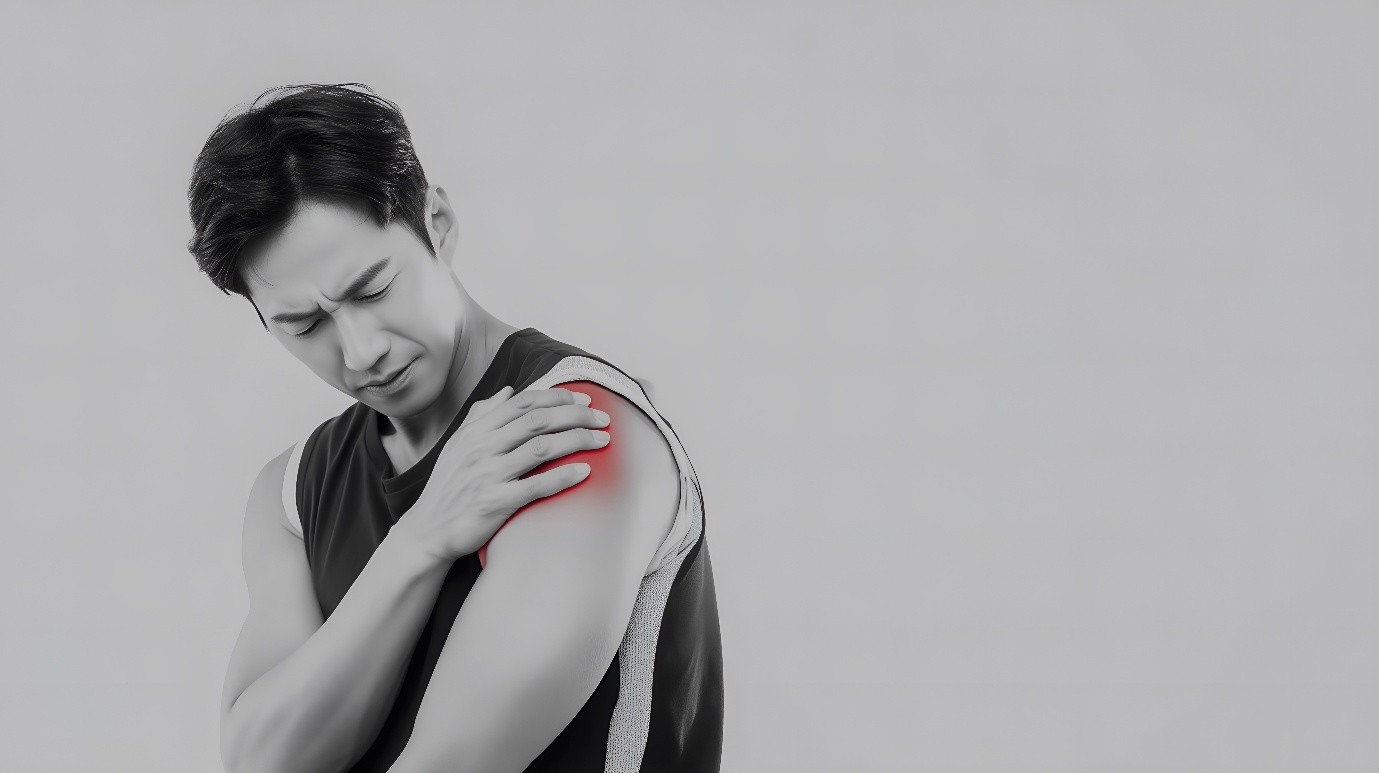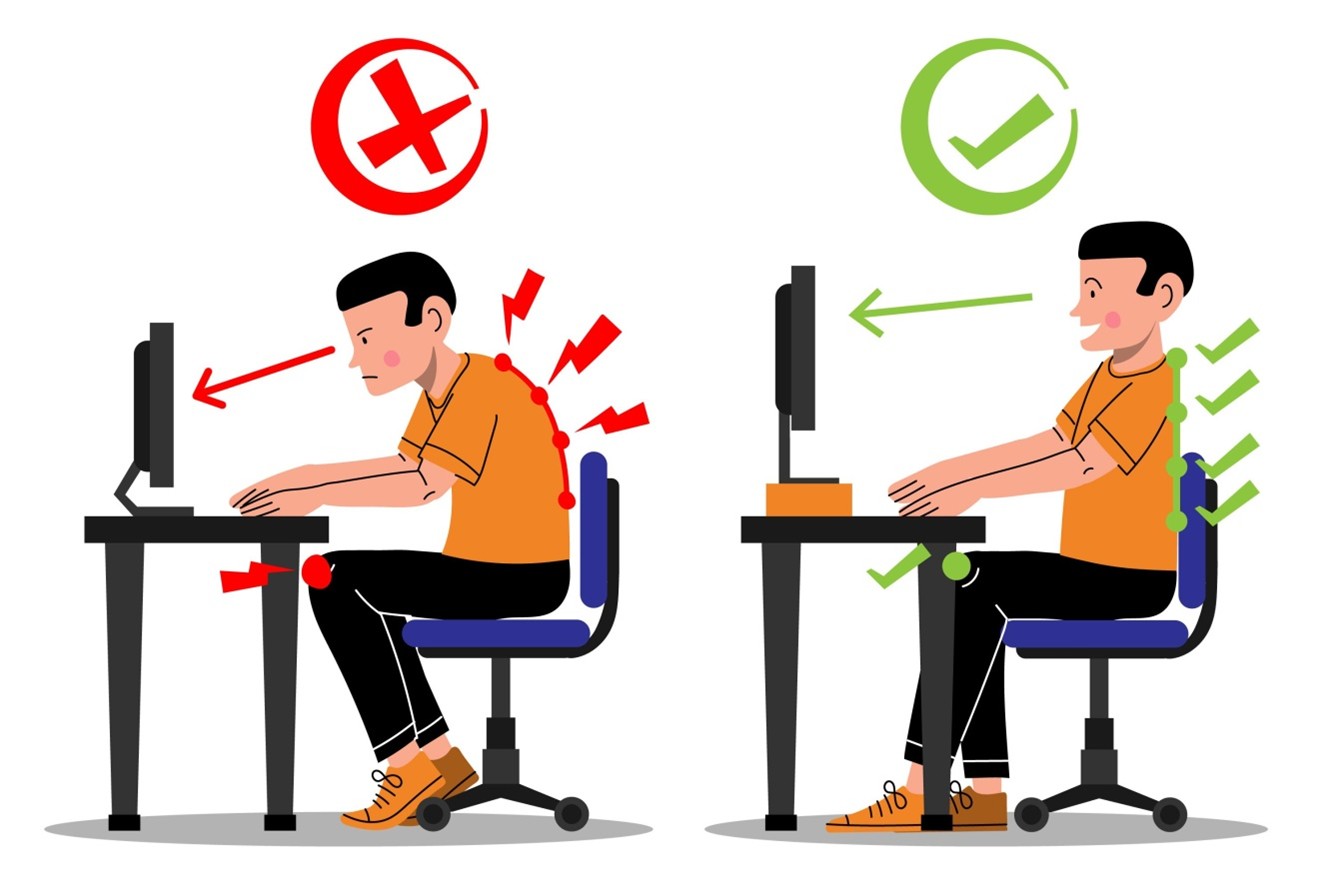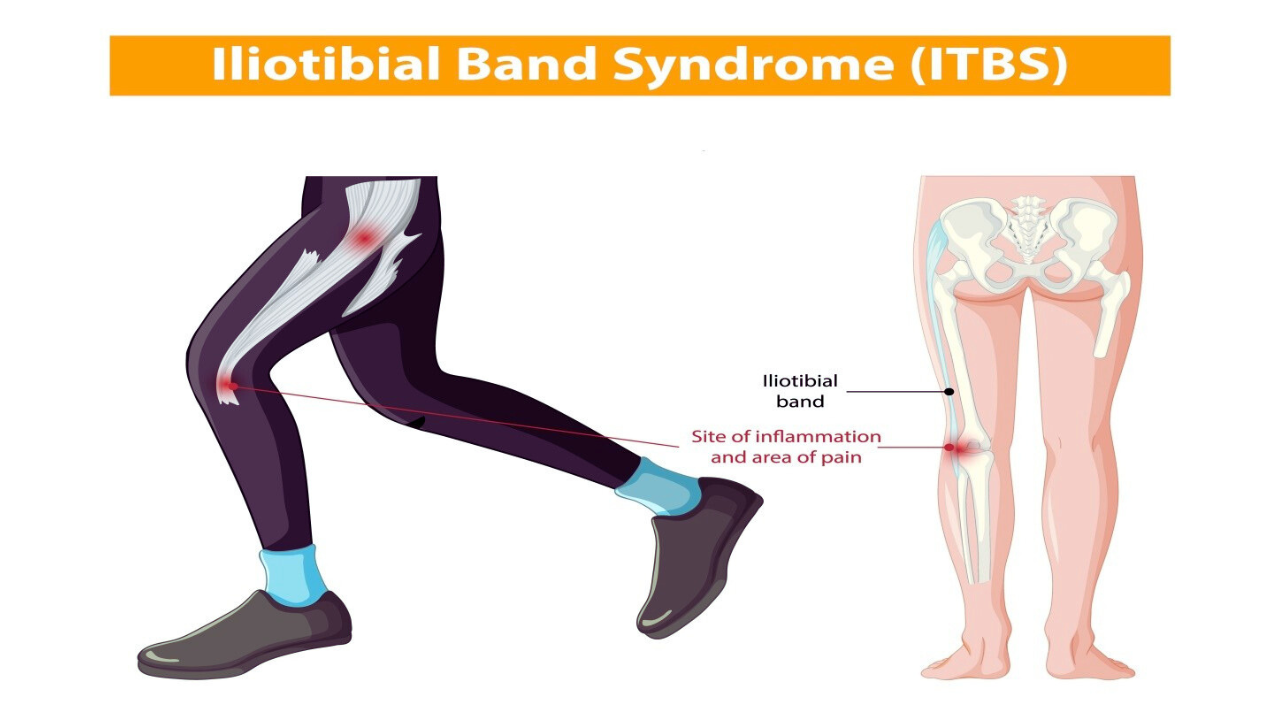Shoulder pain can be a real challenge, both physically and emotionally, but a chiropractor can help! How to identify the symptoms of different shoulder conditions, and how can chiropractic treatment provide relief? While shoulder impingement and frozen shoulder share some similarities, they are distinct conditions. Shoulder impingement is typically caused by injured rotator cuff tendons that press and rub against a bone at the top of the shoulder, whereas frozen shoulder, or adhesive capsulitis, is caused by an inflammation of the shoulder joint capsule and the formation of thick bands of scar tissue called adhesions that tighten and restrict the shoulder movement. Understanding the differences between the two is crucial to develop an effective treatment plan.
What is a Frozen Shoulder?
A frozen shoulder is characterized by significant stiffness and a restricted range of motion in the shoulder joint, in particular external rotation movement. It typically develops slowly and can worsen gradually for a period of time.
Causes: this shoulder joint capsule inflammation, thickening and tightening is often unpredictable, but it can be linked to immobility or trauma.
Symptoms:
- Gradual onset of pain and stiffness, which limits arm movement.
- Struggling to lift your arm overhead or reach behind your back.
- Stiffness is more pronounced than muscle weakness.
- Pain can persist for months or even years.
Chiropractor HK physicians can help alleviate these symptoms through adjustments and exercises that restore shoulder mobility, speeding up recovery and reducing discomfort. Chiropractic care offers several benefits for frozen shoulder, including:
- Gentle Adjustments: Targeted techniques to mobilize the shoulder joint and improve the range of motion.
- Soft Tissue Therapy: Methods like massage and trigger point therapy help relax tight and sore muscles around the shoulder.
- Stretching and Strengthening Exercises: Specific exercises improve joint mobility and overall function.
- Posture Correction: Poor posture can develop in parallel with frozen shoulder and cause additional symptoms. Stooped posture or rounded shoulders, which are common in poor posture, can cause misalignment and put extra strain on the shoulder joint. A chiropractor can help identify and correct postural imbalances, alleviating the current issue and lowering the chances of recurrence.
What is Shoulder Impingement?
Shoulder impingement occurs when the tendons in the shoulder suffer from repeated pressure and micro trauma between the shoulder bones due to narrowing space, often caused by poor posture and suboptimal shoulder mechanics. Symptoms often include:
- Pain that intensifies with movement, especially overhead actions.
- Weakness in the affected arm.
- Swelling and tenderness in the side and front of the shoulder.
- Pain can develop suddenly or gradually.
Causes: Typically, due to repetitive overhead activities, bone spurs, and tendon irritation.
Chiropractic adjustments can address misalignments contributing to impingement, while rehabilitative exercises can strengthen the shoulder and improve posture to prevent future flare-ups.
Frozen Shoulder vs. Shoulder Impingement: Key Differences
| Feature | Frozen Shoulder | Shoulder Impingement |
| Pain Pattern | Sharp pain during movement, usually dull, aching pain when at rest | Sharp pain, especially during movement |
| Onset | Gradual, may become very stiff and weak in later stages | Sudden or gradual onset of pain |
| Possible Causes | Often unpredictable, linked to immobility or trauma | Repetitive overhead activity, bone spurs, tendon irritation |
| Range of Motion | Severely limited in all directions | Mainly limited in overhead movements |
| Weakness | More stiffness than muscle weakness | More muscle weakness than stiffness |
| Duration | Long (months to years) | Varies, typically shorter duration |
Is Shoulder Impingement the Same as a Frozen Shoulder?
Despite some similar symptoms, shoulder impingement and frozen shoulder are different conditions as highlighted in prior paragraphs. Typically, shoulder impingement doesn’t lead to stiffness and external rotation of the shoulder is preserved. Furthermore the recovery times tend to be significantly shorter than frozen shoulder. In contrast, frozen shoulder restricts the shoulder’s range of motion more severely, in particular external rotation of the shoulder, and causes significant stiffness. Additionally, it takes significantly longer to heal, typically months to years.
Recognizing these differences is essential for accurate diagnosis and effective treatment. If you’re experiencing shoulder pain, chiropractic care can help address both conditions, providing relief and guiding you through a recovery plan.
Conclusion
Shoulder pain, whether caused by impingement or frozen shoulder, can be frustrating, but chiropractic care can provide relief. A chiropractor can help examine you and find out which condition you are suffering from, subsequently giving you the appropriate treatment. Chiropractors at Agape Chiropractic Hong Kong use adjustments and exercises to reduce pain, improve mobility, and promote recovery. If you’re struggling with shoulder discomfort, chiropractic care may be the right solution for you!






























